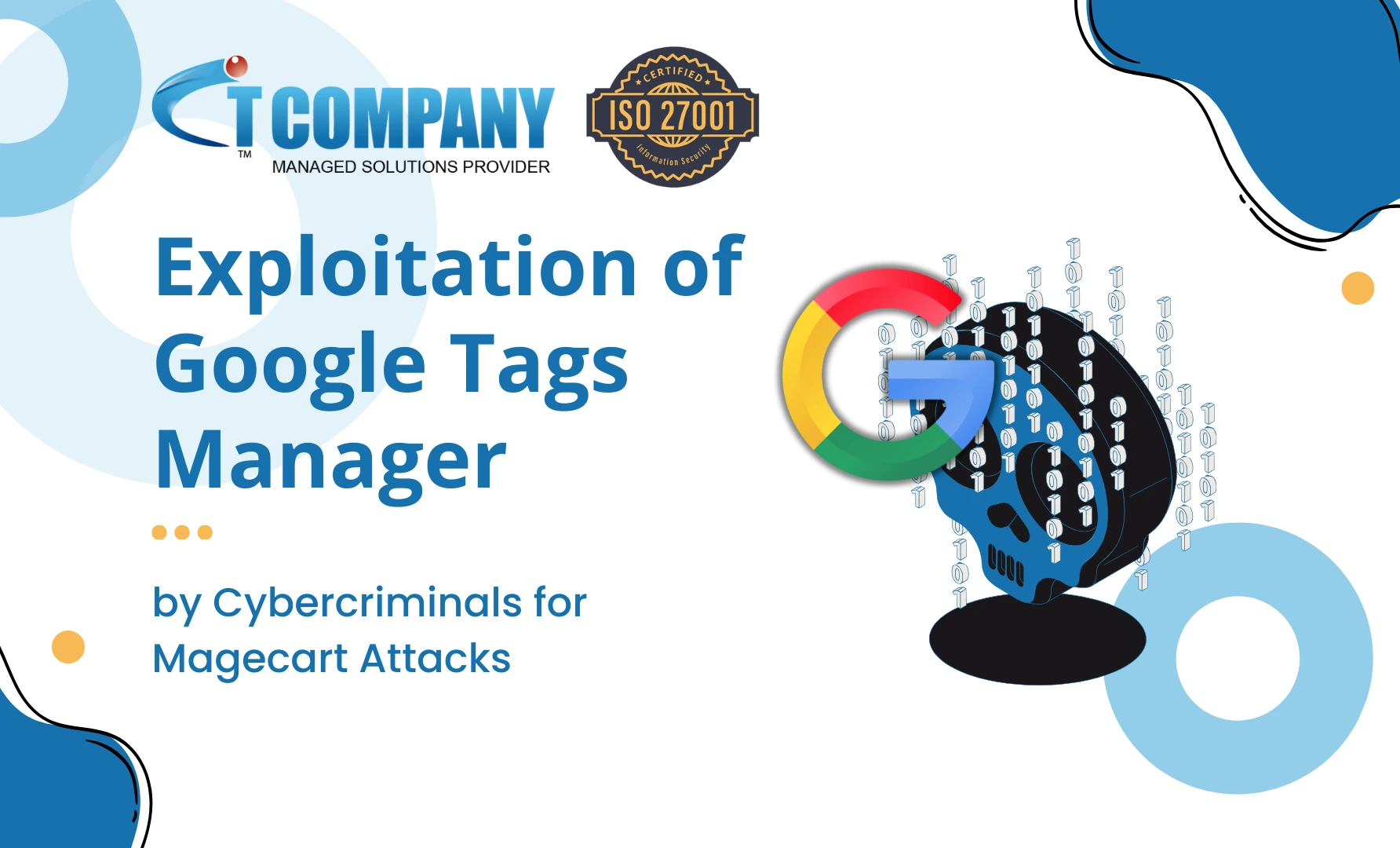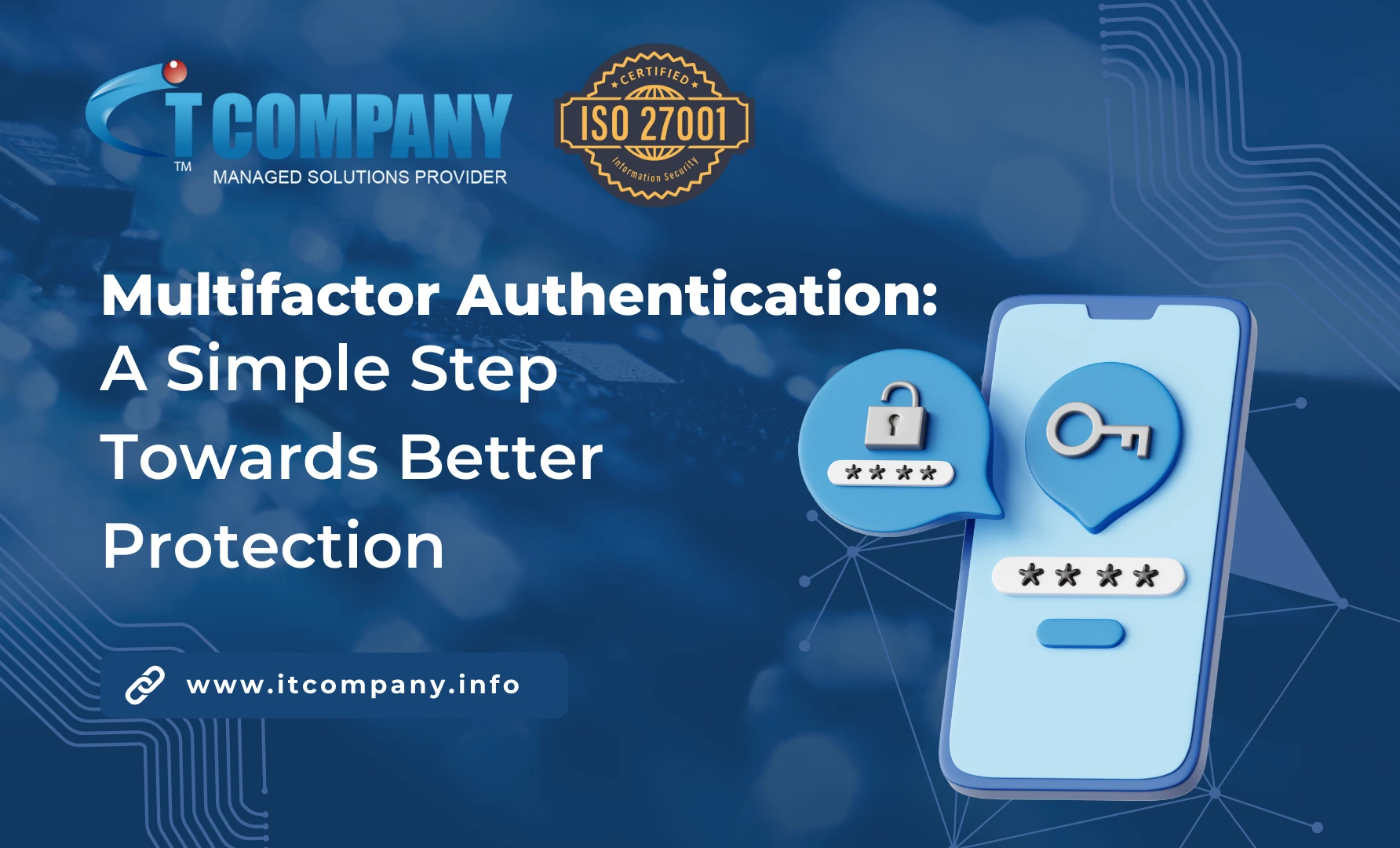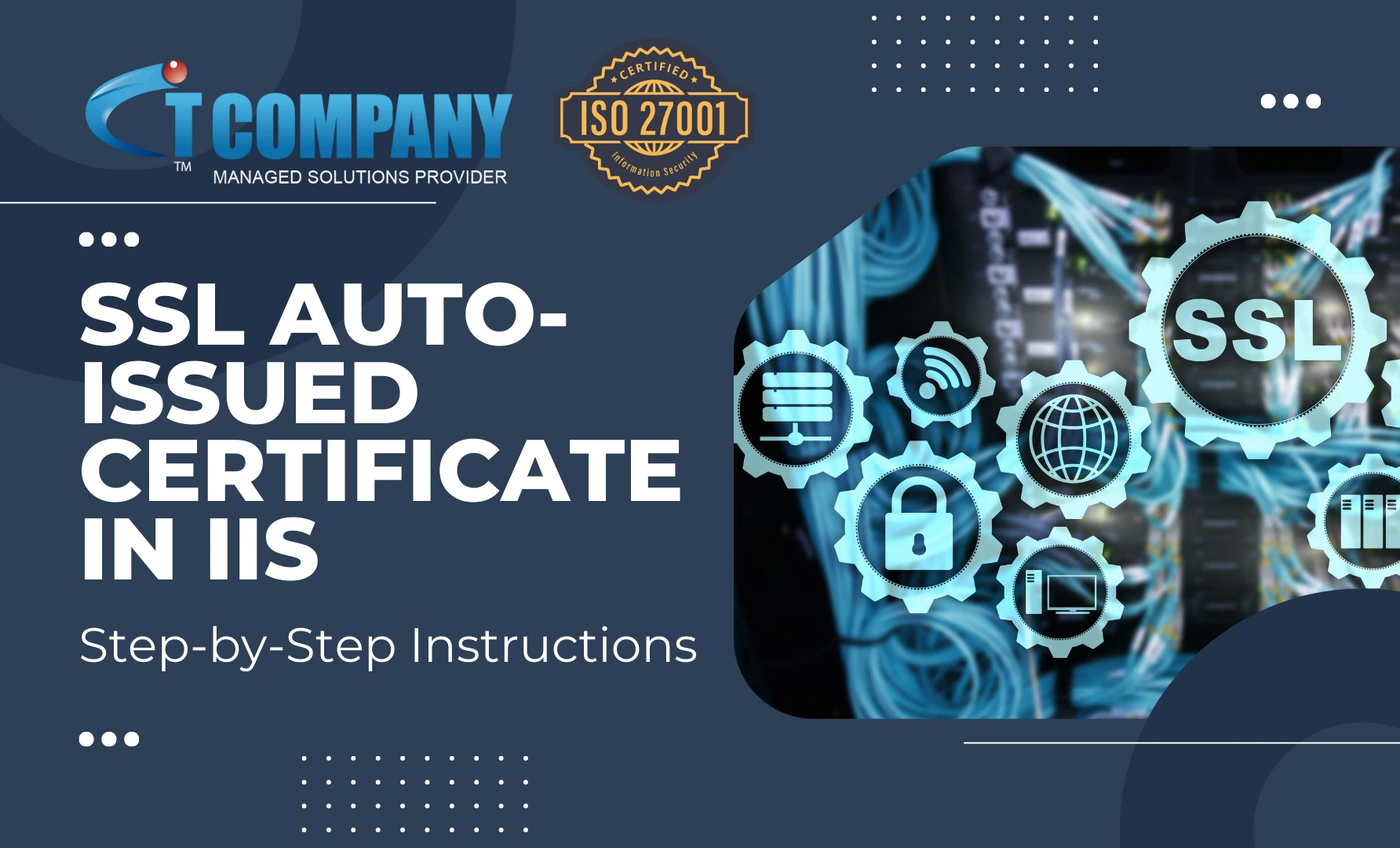Tag: Website Security
-

How Cybercriminals Exploit GTM to Steal Data
The sun had barely risen when Jane, a small business owner running a boutique online store, opened her laptop to check sales. She had just launched a massive marketing campaign to boost her online presence. However, what she discovered instead was a nightmare. Her checkout pages, designed to capture customer payment details, had been hijacked.…
-

The AI Arms Race -How Hackers and Defenders Are Adapting to New Threats
Picture this: you get an email from what seems like your bank, complete with their logo, signature colors, and official-looking links. It asks you to reset your password, but what you don’t realize is that this is a carefully crafted trap, baited with everything that would make you bite. It is really possible and can…
-

Multifactor Authentication: A Simple Step Towards Better Protection
. In 2023, over 5 billion people worldwide use internet, and cybercrime is a growing threat. Data breaches and online fraud are at an all-time high. 43% of cyberattacks target small businesses, and 81% of breaches are due to weal or stolen passwords. One of the most effective ways to safeguard your online accounts is…
-

What is Internal Website Security & How to Implement It?
As it is evident that most attention is given to external hacker, internal website security is ignored completely. But remember internal website security is very important for website’s internal infrastructure, sensitive data and user interactions from all kinds of threats such as third-party vendors, vulnerabilities within the system or by an ex-employees. But what exactly…
-

How to Create an SSL Certificate for pfSense Firewall? Step By Step Guide.
Website security is one of the most important fundamental of network infrastructure. And one of the best ways to ensure secure communication is by using SSL certificates. PfSense is a popular open-source firewall and router solution. It allows administrators to encrypt the web interface (Web GUI) and other services using SSL certificates. It is important…
-

SSL Auto-Issued Certificate in IIS: Step-by-Step Instructions
SSL auto-issued certificate is a certificate that is automatically generated and installed without requiring manual intervention, and it helps maintain secure, encrypted communication for websites hosted on IIS. This automation is particularly useful for managing certificates at scale and ensuring that SSL/TLS encryption is always up to date. What is SSL Auto-Issued Certificate in llS?…
-

Third Party verification Services – A Key Component for Secure Online Platforms
Third party verification services are the paramount of website security. Digital landscape of today’s world is very complex. And robust third-party verification services is an essential tool for ensuring the authenticity of active users, transaction records and other data handling. IT Company – ISO 27001 ensures and commits to your digital asset protection against potential…
-

Web Service Description Language (WSDL) for Security & Maintenance of Site
In the realm of web services, the Web Service Description Language (WSDL) comes into play alongside key techniques like SOAP and REST. For any IT Company, WSDL plays a very important role as it describes the functions of a web service and enable other network participants to leverage these services effectively. This article helps you…
-

WordPress Sites Security Compromised After Cyberattack
WordPress Cyberattack was reported on 22nd April 2022. It was a JavaScript-based malware that was injected into the sites. The malware redirects visitors to scam sites and other suspicious websites. These affected websites share core WordPress hosting. How the Attack Works Malware analyst Krasimir Konov reports that the affected websites share the same WordPress hosting…
-

Protecting Remote Teams: 10 Essential Cybersecurity Tips
As Protecting remote teams become a permanent part of many businesses, with the increase of cyber attacks and cyber bullying . The lessons from high-profile breaches like the Ransom Hub incident, has taught us that organizations must take the security of their remote teams very seriously. This article outlines crucial cybersecurity measures to safeguard personal…